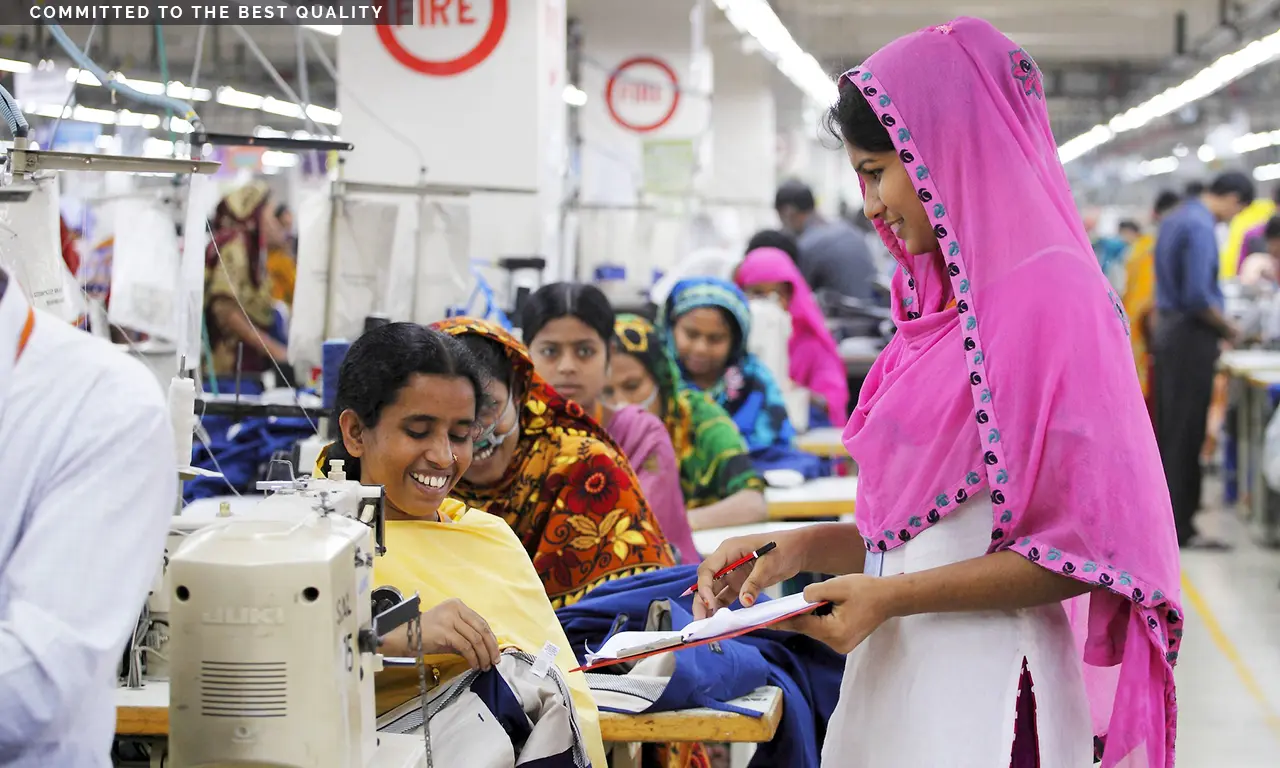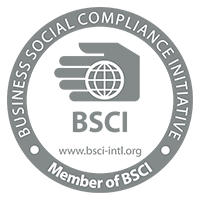
Women's rights and voice in the ready-made garments (RMG) sector of Bangladesh have been a topic of much discussion and debate in recent years. The sector is the largest employer in Bangladesh, with over 4 million workers, of which 80% are women. The sector has played a significant role in empowering women in Bangladesh, providing them with a source of income and a platform to participate in the workforce.
However, women in the RMG sector still face a number of challenges, including:
- Low wages: Women in the RMG sector earn significantly less than men, with the average monthly wage for a woman worker being around $100.
- Long working hours: Women in the RMG sector often work long hours, with some working up to 12 hours a day, 7 days a week.
- Poor working conditions: Women in the RMG sector often work in poor working conditions, with factories that are overcrowded, hot, and noisy.
- Harassment and abuse: Women in the RMG sector are often harassed and abused by their supervisors and co-workers.
Despite these challenges, women in the RMG sector have made significant gains in terms of their rights and voice. In recent years, there has been a growing movement to improve the working conditions for women in the RMG sector. This movement has been successful in raising awareness of the issues facing women in the sector and in pressuring the government and factory owners to take action.
Here are some of the things that can be done to improve the rights and voice of women in the RMG sector:
- Strengthen the enforcement of labor laws: The government needs to strengthen the enforcement of labor laws, so that factories are held accountable for violating the rights of workers.
- Provide training for workers: Workers need to be trained in their rights and how to advocate for themselves.
- Create a more supportive environment: The government and factory owners need to create a more supportive environment for women workers, so that they feel safe and comfortable reporting violations of their rights.
- Empower women: Women need to be empowered to participate in decision-making and to advocate for their rights.
- Legal reforms: The government of Bangladesh has implemented labor laws and regulations to protect workers' rights, including provisions against gender-based discrimination and harassment. However, effective enforcement of these laws remains a challenge.
- Capacity-building and awareness: NGOs and labor rights organizations are working to enhance women workers' knowledge about their rights, improve their awareness of workplace issues, and build their capacity to assert their rights and negotiate for better conditions.
- Social compliance and auditing: International brands and retailers that source garments from Bangladesh have initiated social compliance programs to ensure that factories adhere to labor standards and provide safe working conditions. These programs often include provisions related to women's rights and empowerment.
- Social dialogue and collective bargaining: Efforts are being made to promote social dialogue between workers, factory management, and trade unions. Collective bargaining can help address the concerns of women workers and ensure their voices are heard in decision-making processes.
By taking these steps, it is possible to improve the rights and voice of women in the RMG sector and to create a more just and equitable workplace.
Leave a Reply
Your email address will not be published.






















Comments
0 Comment